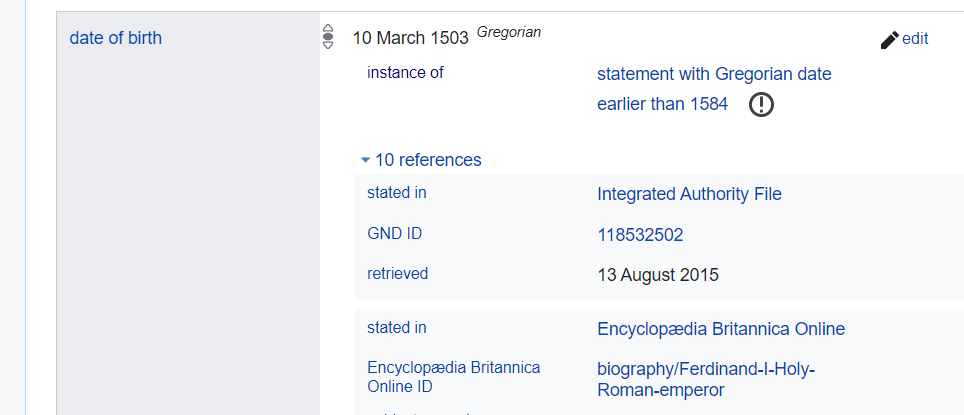Social Philately ist eine philatelistische Bewegung, die in den 1980er Jahren in Australien und Neuseeland entstand und Anfang der 2000er Jahre Europa erreichte. Diese Bewegung zielt darauf ab, traditionelle philatelistische Fragestellungen zur Analyse postalischer Belege mit einer breiteren kulturellen und sozialgeschichtlichen Kontextualisierung zu verbinden. Dabei werden nicht nur die reinen Postbelege untersucht, sondern auch die Absender und Empfänger der Briefe, der Text der Briefe oder Postkarten sowie der historische Kontext, in dem diese entstanden sind, berücksichtigt.
Für die Philatelie ist dieser Blick über den eigenen Tellerrand äußerst bereichernd. Aber auch umgekehrt bietet der Blick auf scheinbar einfache und oft irrelevant erscheinende Quellen wie Briefumschläge oder Postkarten ein enormes Potenzial für die Geschichtswissenschaft. Diese Quellen bieten einen leichten Zugang zu einer riesigen und unerschöpflichen Menge an Daten zur Alltagsgeschichte von Menschen aller Gesellschaftsschichten seit der Mitte des 19. Jahrhunderts, die im privaten Raum entstanden sind. Das Potenzial für Fragestellungen in diesem Bereich ist nahezu unbegrenzt. Es bieten sich Ansätze für die post- und kommunikationsgeschichtliche Forschung, Forschung zu Propaganda und Werbung (bspw.
[...]
